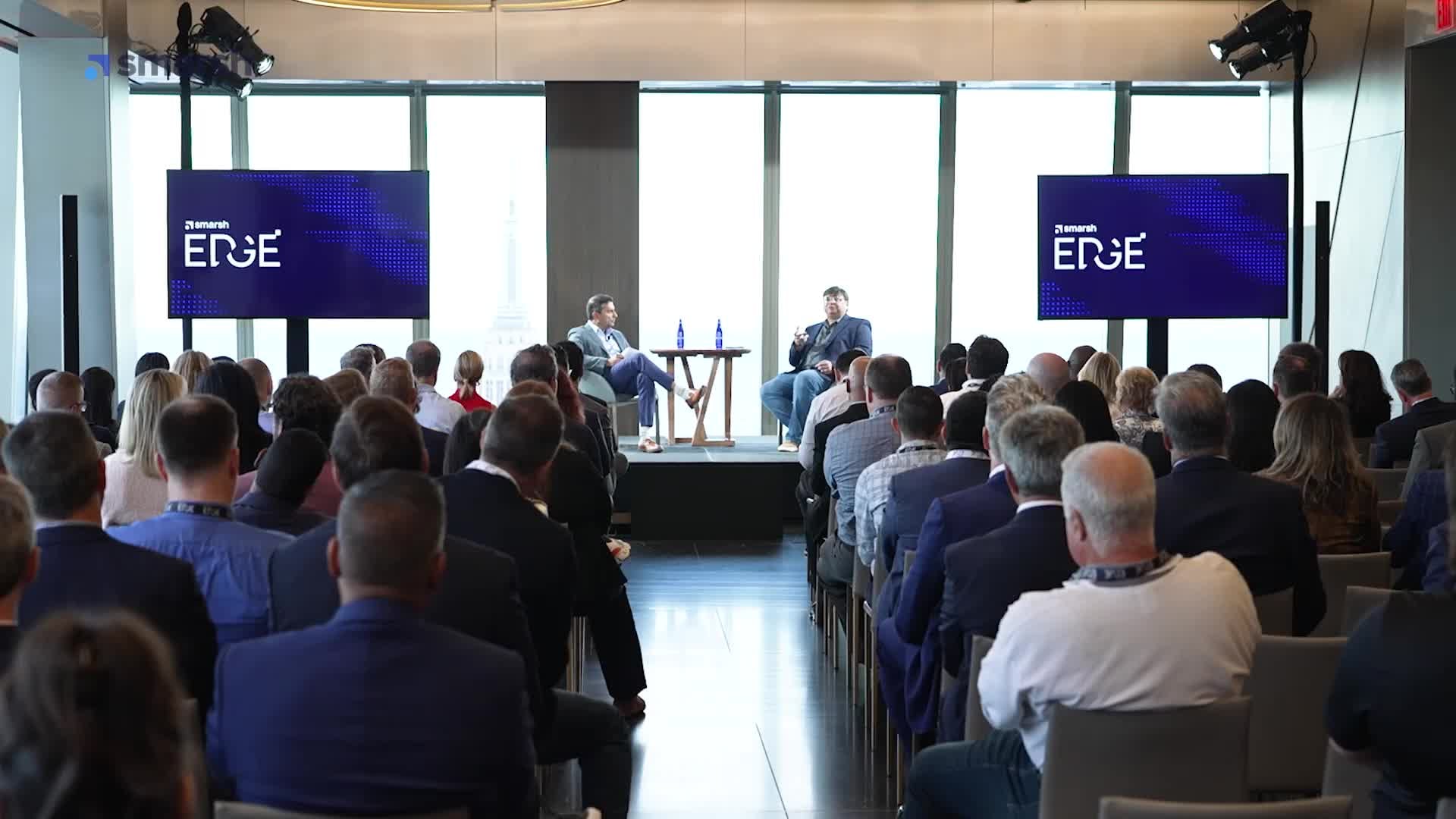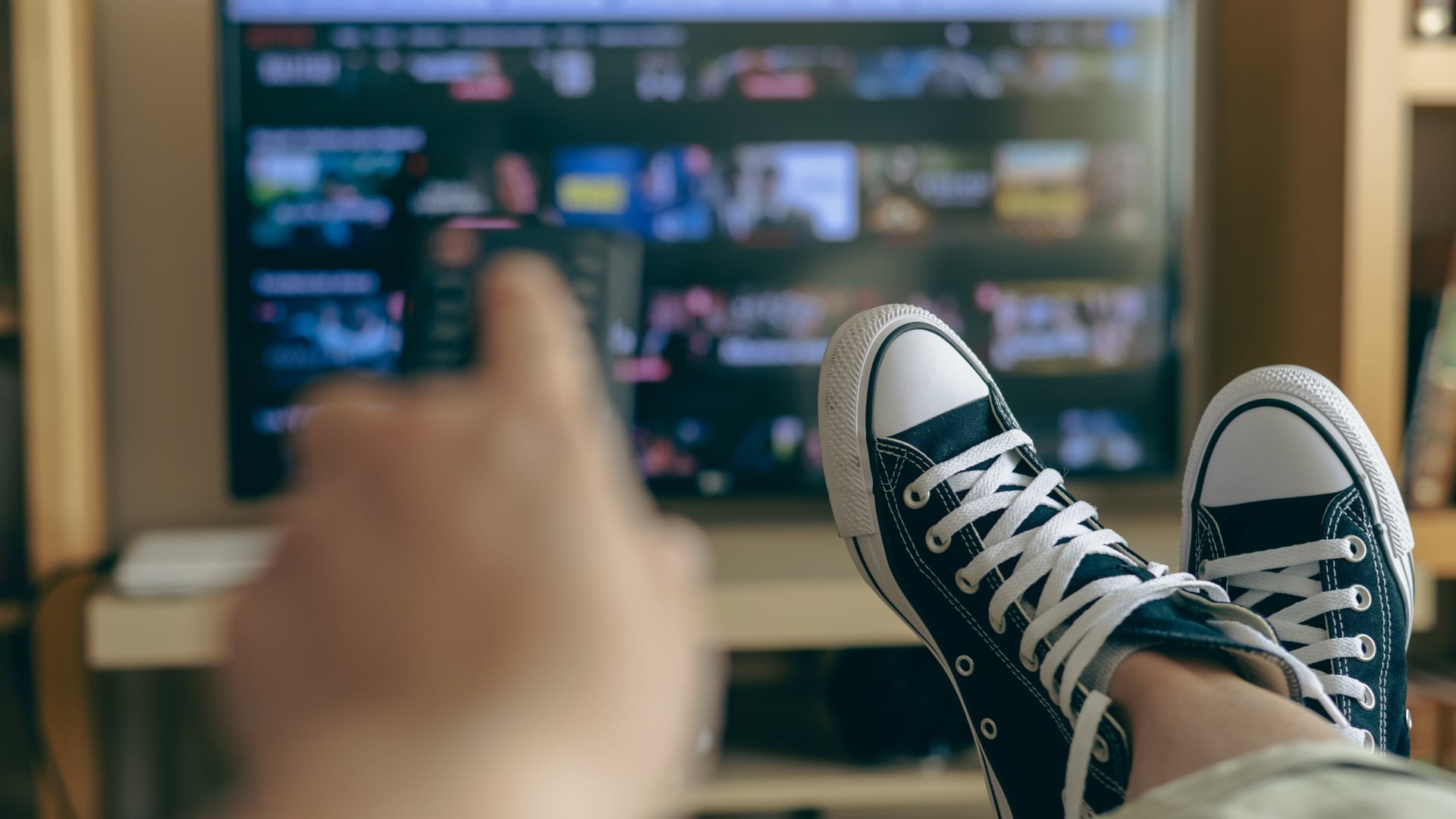From Wall Street to Silicon Valley, these are the top stories that moved markets and had investors, business leaders, and entrepreneurs talking this week on Cheddar.
WEWORK BAILED OUT
The WeWork saga is finally winding down with Japanese tech conglomerate Softbank taking over the beleaguered landlord with a $9.5 billion rescue package. Buried ー but not lost ー in the details of the deal is a $1.7 billion payout for its flamboyant co-founder and former CEO Adam Neumann, who will leave the company he founded and surrender the powerful voting shares that gave him control. Other employees won't be as lucky. The Financial Times reported Softbank's turnaround strategy includes cutting as many as 4,000 jobs at WeWork, a little under 30 percent of its worldwide workforce, but layoffs were postponed because there isn't enough cash on hand to pay out severance. WeWork's failed IPO exacerbated navel-gazing on Wall Street and raised questions about how tech unicorns are valued, and even defined, as 2019 appears set to be the year in public market flops.
TESLA ACCELERATES
Tesla stock is launching into ludicrous mode. The automaker handily beat estimates as it reported a surprisingly strong third quarter on Wednesday, even throwing in promising updates on its production goals and factories. Tesla ($TSLA) reported adjusted earnings per share of $1.86 versus an expected loss of 42 cents per share, while revenue fell a hair short at $6.3 billion versus an expected $6.33 expected. Tesla said production of its upcoming Model Y crossover and its new factory in Shanghai are both ahead of schedule, with the Shanghai factory already undergoing trial production runs. Tesla also said it expects to be cash flow positive. Investors rewarded the automaker, sending shares soaring almost 21 percent in after-hours trading on Wednesday. (Tesla short sellers, meanwhile, saw more than $1 billion in losses on the news, according to S3 Analytics.) Even those outside Tesla’s traditional orbit are starting to take note: On Thursday, Bloomberg reported that Volkswagen CEO Herbert Diess gave a surprising defense of Tesla, saying the EV-maker is not a niche player and calling it a serious competitor owing to its strength in electric car batteries. “We have a lot of respect for Tesla,” Diess reportedly said.
ZUCK ON THE HILL
Mark Zuckerberg made his second visit to the nation's capital in a week, testifying for nearly six hours in front of a House panel just days after delivering remarks at Georgetown University about how he sees Facebook's role as a custodian of free speech. Zuckerberg's House testimony was ostensibly a charm offensive to help smooth over the numerous concerns over Facebook's Libra cryptocurrency project. But it ended up as a referendum on just about every issue of concern facing the company, from foreign election interference, to the proliferation of hate speech, to Zuckerberg's laissez-faire attitude around fact-checking political advertising. On Libra, Zuckerberg said he would not move ahead with Facebook's role in the project unless it is blessed by U.S. regulators. Overseas, regulators and governments have raised concerns over allowing Facebook to have control over any type of currency that could affect global money supply. Despite its myriad of troubles, Facebook shares have been over-performing in the market this year, up some 40 percent. The company reports earnings next Wednesday.
AMAZON EARNINGS
Amazon reported quarterly earnings that disappointed investors, sending shares plunging to a seven-month low (and personally costing Jeff Bezos about $7 billion), before recovering somewhat. At issue was the e-commerce giant's huge investment in one-day shipping, which is costing more than expected and eating into margins even as it accelerates revenues. Amazon also softened its guidance for the all-important upcoming holiday season, and results in its high-growth AWS cloud-computing unit came in below estimates. Still, analysts are mostly sticking to their "buy" ratings on the stock, arguing that the earnings blip is simply a result of investment in the business that will pay off in the long run. Amazon also made its second acquisition in the healthcare space, announcing it would buy the digital back-end startup Health Navigator and folding it into its internal Amazon Care service for employees. It's the first healthcare acquisition for Amazon since it bought PillPack last year.
AIRLINE EARNINGS
Boeing reported earnings that were about as ugly as one could expect, though it said it remains on target to get approval for the 737 Max to fly again this quarter. Two of the U.S. airlines with the most exposure to the continued grounding of that jet also reported earnings, beating estimates but showing how much the Max crisis is affecting not just Boeing ($BA), but its main customers as it continues longer than anyone expected. American Airlines ($AAL) posted profit and revenue that slightly beat expectations, but trimmed its guidance, warning that the Max grounding will cost the carrier $450 million this year. (American also suffered from labor disruptions that impacted operations in the quarter). Southwest ($LUV), which has 34 Max jets in its fleet, also beat estimates. The airline saw its bottom line remain intact despite significant cancellations that it now expects to continue into February ー longer than any other domestic carrier. United, which is slightly less exposed to the Max than American or Southwest, also beat and said it is "ahead of pace" to meet its end-of-year goals. Meanwhile, the official report from the first of the two 737 Max crashes partially blames Boeing's design and lax U.S. regulatory oversight for that accident, in which a Lion Air plane splashed into the Java Sea a year ago, killing 189.












